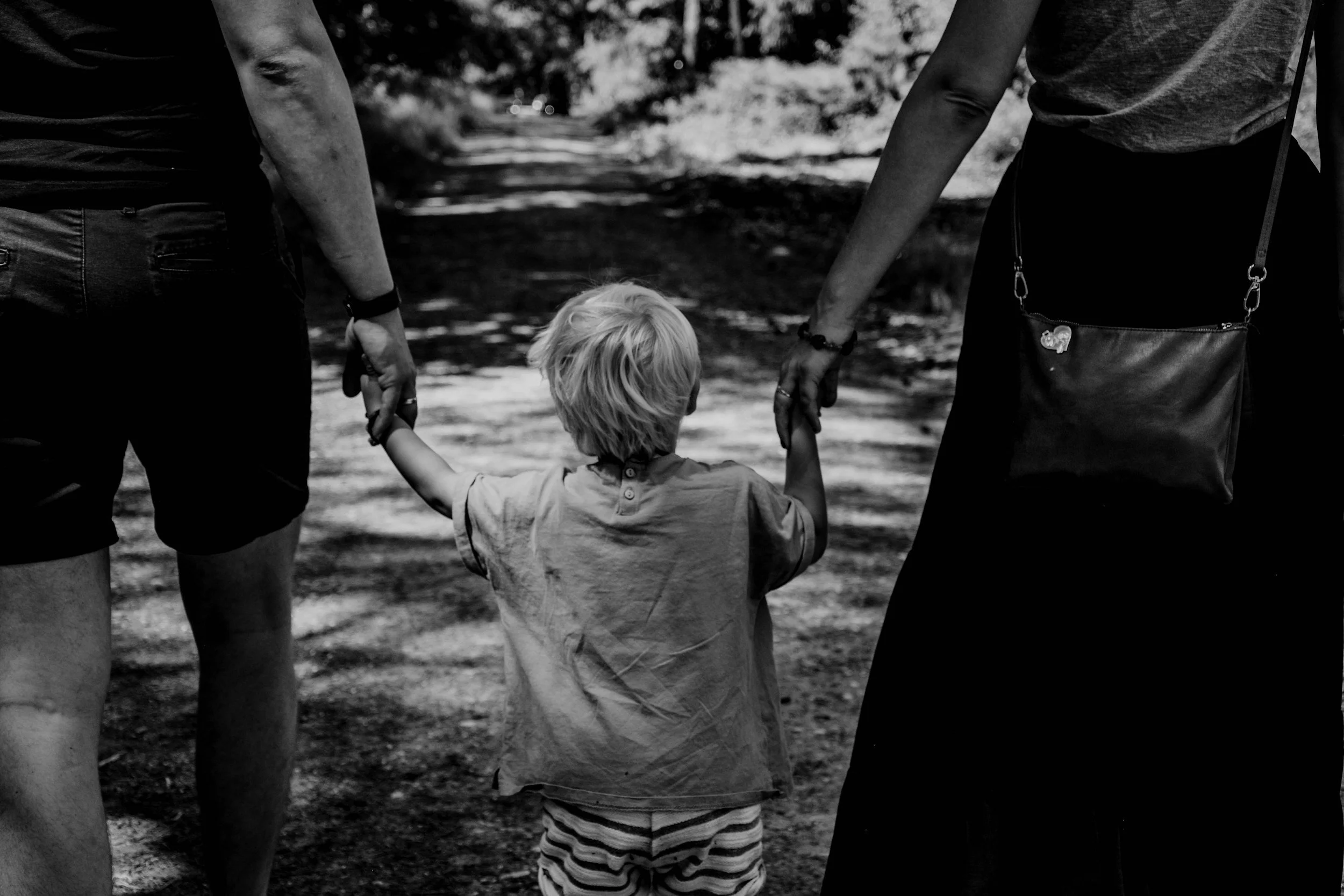From Good Kids to Gospel Kids
“For all have sinned and fall short of the glory of God.” — Romans 3:23 (ESV)
As Christian parents, we long for our children to follow Christ from the heart. We want them to grow up loving Him, walking in His ways, and finding joy in obedience.
But if we’re honest, we often live in tension. We pour ourselves into giving them the best education, activities, and opportunities, all while feeling guilty that spiritual discipleship sometimes takes second place.
When pressed, we would all say that we want godly children more than successful ones. Yet the way we fill our days doesn’t always reflect that conviction. We congratulate ourselves when our kids behave or achieve, and we feel like failures when they don’t. Over time, discouragement creeps in, and we wonder: Is following Christ really better than giving them the best this world has to offer?
This post marks the beginning of a new blog series called “Parenting on Purpose: Nurturing Disciples at Home.” Even though my kids are mostly grown, I know there are other earnest parents who want to disciple their children faithfully in the gospel, even in a busy, high-pressure world. Over the next several weeks, we’ll walk through what it means to guide our children’s spiritual growth step by step, so they can know and truly love Christ.
But before we talk about how to disciple our children, we need to start with why. Why is this our greatest responsibility—more than raising kids who do the right thing or successful? Why do we need to prioritize gospel truth even as we seek to provide for our children?
What God Sees: The Heart Problem
The reason begins with Romans 3:23. It tells us plainly: all have sinned and fall short of God’s glory. No exceptions. Even the most compliant, rule-following, kindhearted child is born with a sinful nature. Jeremiah 17:9 drives this home: “The heart is deceitful above all things, and desperately sick; who can understand it?”
The key facts these verses highlight are sobering but essential:
Universality of sin — No child is exempt from the reality of sin. Good behavior doesn’t erase the sinful nature.
Falling short of God’s glory — The standard isn’t “better than most kids.” It’s God’s perfection, and we all miss it.
The deceitfulness of the heart — Outward obedience can mask inward rebellion. Only God sees the heart truly.
For us as Christian parents, these facts both shape our expectations and define our goals in parenting. If we simply measure successful parenting by behavior alone, we’re setting the bar tragically low. Our focus can’t simply be raising kids who “stay out of trouble” or “make us proud.”
Our children, like us, need the transforming power of the gospel to move from blindness to true spiritual sight. This needs to be our primary concern, which then helps us to prioritize and make the most of the moments we have with our children.
Why Good Behavior Isn’t Enough
On the surface, good behavior looks reassuring. A polite child, an obedient preschooler, a hard-working teen—these things make our parenting feel effective. But Scripture warns us that outward conformity can exist without inward love for God (see Isaiah 29:13; Matthew 15:8).
If we settle for simply raising “good kids,” we risk creating what Jesus called “whitewashed tombs” (Matthew 23:27)—beautiful on the outside but lifeless on the inside. I know how easy it is to fool my own heart into thinking I’m okay when inside I’m not. It’s no different for our children. That’s why discipleship must aim deeper than behavior. It must go after the heart.
The goal of this series is to help us break down the slow process that we go through from complete unawareness of God to a vibrant personal faith. Children don’t leap from zero awareness of God to lifelong discipleship in a single step. They move gradually—developing awareness of God, learning right from wrong, recognizing their inability to obey perfectly, and finally seeing their need for Christ. Parenting, then, isn’t about producing outwardly good kids but about faithfully shepherding them through these stages of awareness with the gospel.
Moving Beyond “Good Kids”
So how do we live this out in busy homes filled with homework, sports practices, and church activities? When do we start this and how do we grow with our kids? Hopefully, this series will offer many practical ideas, but here are a few general ones to help us shift from works-based parenting to gospel-centered discipleship.
1. Formal Moments
These are times we set aside to intentionally teach our children, which can include:
Family Devotions: Keep them simple and consistent. Read a short passage, ask one question, and pray. The point isn’t to check a box but to train your children to hear from God’s Word regularly.
Catechism or Scripture Memory: Use tools that connect truths about sin, grace, and Christ to your child’s heart. Even a few minutes a week makes a lasting impact.
Church Engagement: Help your kids see worship as a family rhythm, not a negotiable activity. Model joy in gathering with God’s people.
2. Informal Moments
These are the ordinary moments in daily life where we get a little window of opportunity to speak of Christ to our children, such as times
In the Car: Use car rides to ask heart-level questions. Instead of “Did you behave?” ask, “What did you learn about God today?”
At Bedtime: When confessing sin, share your own need for forgiveness. Pray together, modeling what repentance sounds like.
In Everyday Conflicts: Don’t just correct. Point out how sin flows from the heart and show how Christ offers both forgiveness and power to change.
In both formal and informal moments, remember: the goal isn’t to raise compliant kids but to shepherd their hearts toward Christ.
Setting Up the Next Step
So let’s remember this first basic point: we want our children not just to be good (though it is important); we want them to see their need for the gospel. In the posts to follow, we’ll explore the different stages our children go through in their journey of faith, starting from the earliest years to their teen years and beyond.
Parenting with the gospel in view may feel overwhelming, but remember, you are not alone. The Spirit of God is at work in us and in our children. We don’t have to produce faith. But we are called to be faithful, trusting God with the results.


